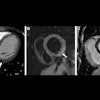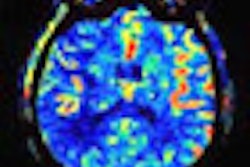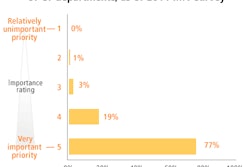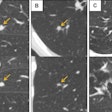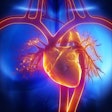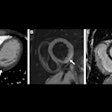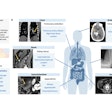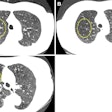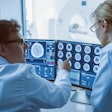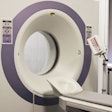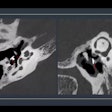Dear AuntMinnie Member,
SAN FRANCISCO - Our coverage of the International Society for Computed Tomography (ISCT) annual meeting continues this week with an article on the development of a new tool for helping radiologists better predict the course of treatment for stroke patients.
On Wednesday, researchers from Massachusetts General Hospital (MGH) presented their work on an atlas that's designed to predict how the brain will react to therapies such as tissue plasminogen activator (tPA), which can help break up blood clots and prevent brain damage if administered immediately after a stroke.
MGH researchers have incorporated into the atlas previous work using quantitative CT perfusion imaging for distinguishing ischemic tissue likely to infarct from tissue likely to survive. Such tissue can then be targeted for more aggressive therapy. Learn more by clicking here.
In other ISCT news, hear what Dr. Paul Chang had to say on Tuesday about the workflow dilemma in CT -- namely, how to more efficiently handle all those massive MDCT datasets. Dr. Chang sees the problem as having a solution based in imaging informatics; find out what he proposes by clicking here.
Finally, learn about a new technique for performing virtual colonoscopy studies using a dual-energy CT scanner. German researchers found that the exam can provide one-stop imaging with a number of intriguing possibilities. Learn more by clicking here.
Read more about this week's meeting in our CT Digital Community, at ct.auntminnie.com.
The end of general radiology
In other news, is medical imaging witnessing the end of the jack-of-all-trades radiologist? That's the provocative question we're asking this week in our Imaging Leaders Digital Community.
The story describes how the rise of more sophisticated imaging technology demands increasingly specialized skills on the part of radiologists. This is in line with broader trends in medical care in the U.S. and the rest of the world, some experts say.
But is there any real clinical evidence to support the contention that subspecialists are better than generalists? Read about both sides of the debate by clicking here, or visit the community at leaders.auntminnie.com.


